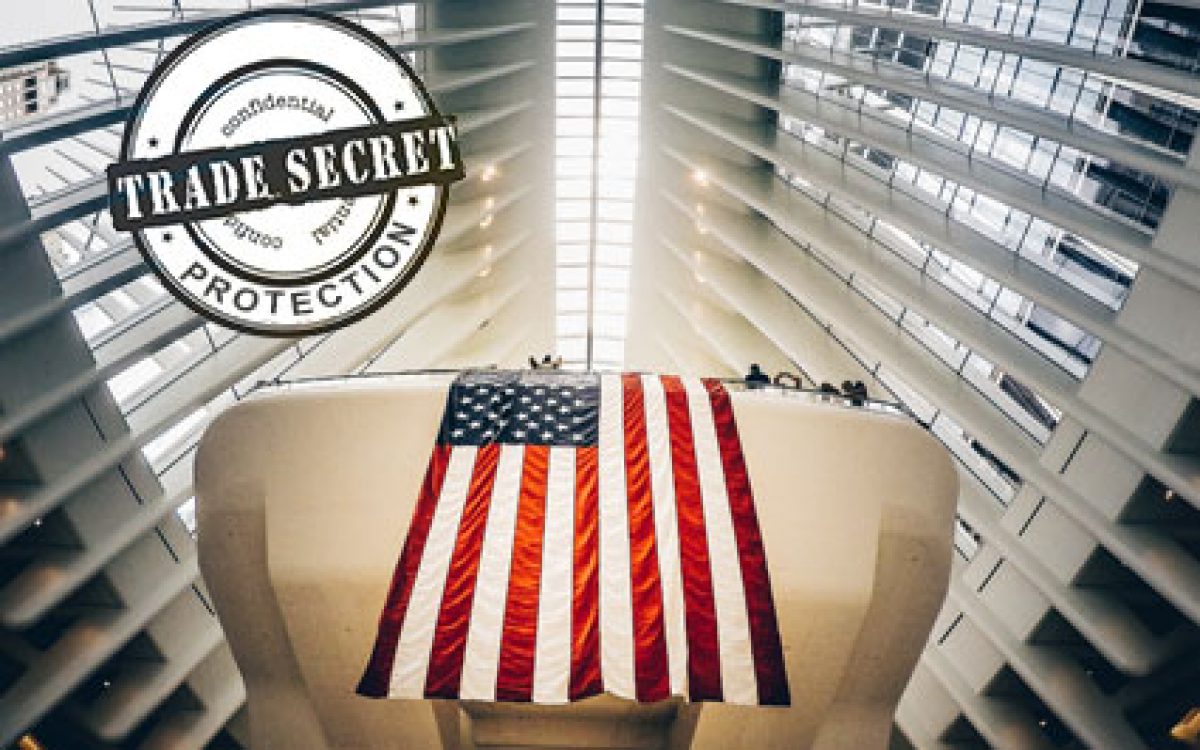On May 4th, President Obama signed into law the highly anticipated Defend Trade Secrets Act of 2016 (DTSA). The law became effective immediately upon his signature.
The DTSA provides the first federal private right of action for the misappropriation of a business’ trade secrets. Up until now, the federal Economic Espionage Act of 1996 (EEA) was the only federal law that outlawed misappropriation of trade secrets; and the law provided for both civil and criminal penalties. However, only the U.S. Department of Justice has the power to enforce that law; no private citizen can file a lawsuit and get a remedy under the EEA. The DTSA has changed all of that. Now, businesses do not have to rely exclusively on the myriad of state laws in order to try and protect their businesses trade secrets.
Under the DTSA, trade secrets are broadly defined as financial, business, scientific, technical, economic, or engineering information, in essentially whatever form that information might take, including patterns, plans, compilations, program devices, formulas, designs, prototypes, methods, techniques, processes, procedures, programs, or codes.
The DTSA grants courts the broad authority to seize physical property of the wrongdoer to prevent the unlawful use or publication of trade secrets. And importantly for employers, the DTSA also allows employers to recover their attorneys’ fees as well as exemplary damages against the wrongdoer. However, in order to recover attorneys’ fees or exemplary damages, employers must notify their employees in any contract or agreement that they enjoy immunity for disclosure of trade secrets made to the government or in a court filing. As a result, employers should amend their confidentiality, non-compete, or trade secret agreements to add this notice.
More information regarding the DTSA may be found here.
